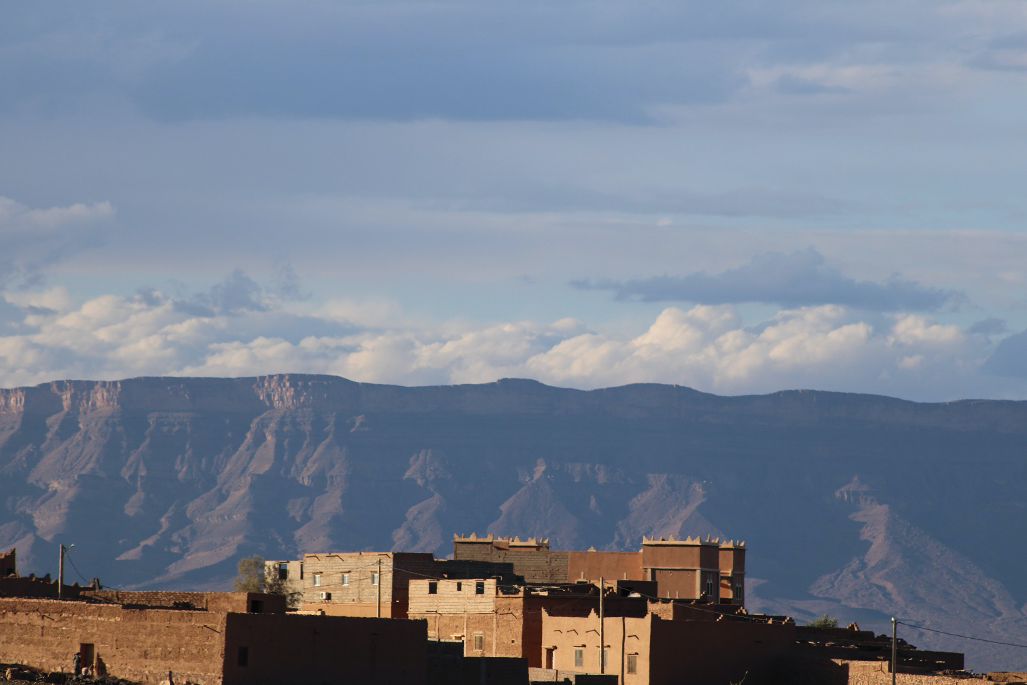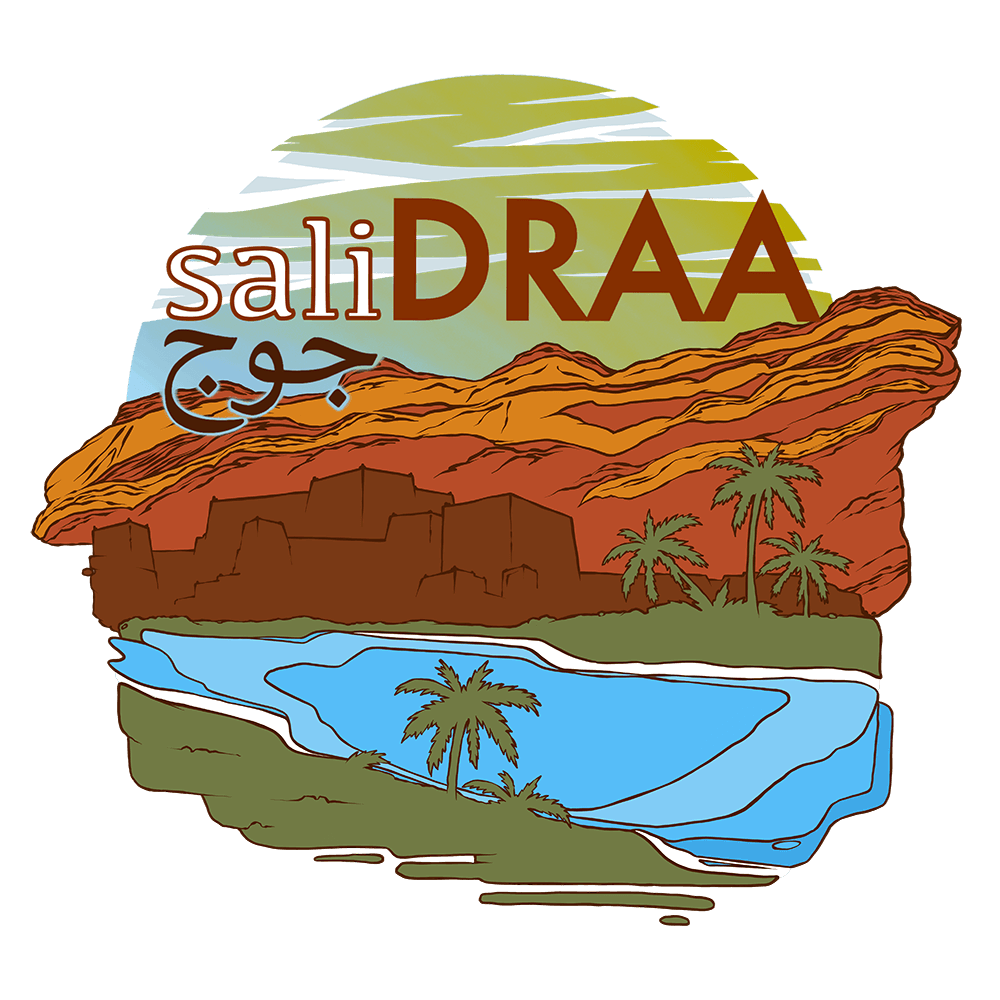
13 Sep The last socio-economic field trip
The socio-economic team conducted fieldwork in the Middle Draa Valley between September 13 and November 5. Luis worked in an area of the Middle Draa Valley known as Feija, a vast plain containing a shallow aquifer near the city of Zagora. In this plain, watermelon agriculture based on groundwater pumping has flourished over the last three decades, becoming an activity that offers high incomes local inhabitants in a short period (5 – 3 months) and a vehicle for social mobility. This agricultural development has occurred in a context where the combined effects of drought and population growth have made it increasingly difficult for younger generations to find sufficient fertile land within the traditional oases of the valley. For this reason, the interest of the younger generations in Feija has increased over the past few years, and along with the interest, tensions between tribes claiming ownership over Feija’s collective lands have also increased. This has resulted in violent events of varying intensity between the tribes, which have not only put human lives at risk but also generated economic losses among farmers. The objective of Luis’ fieldwork in Feija was to collect qualitative data to better understand the drivers of inter-tribal conflicts over collective lands and groundwater in the Middle Draa Valley.
Imane worked between Zagora and Ouarzazate, investigating the aquifer contract that the Moroccan government is planning to implement in Feija as a financial tool aimed at putting limits to groundwater extraction. She conducted interviews with governmental officials of ABH and ANDZOA and collected all the relevant governmental documents related to the implementation of the aquifer contract. The collected data will be used to conduct an analysis to determine the economic-efficiency of this contract.
